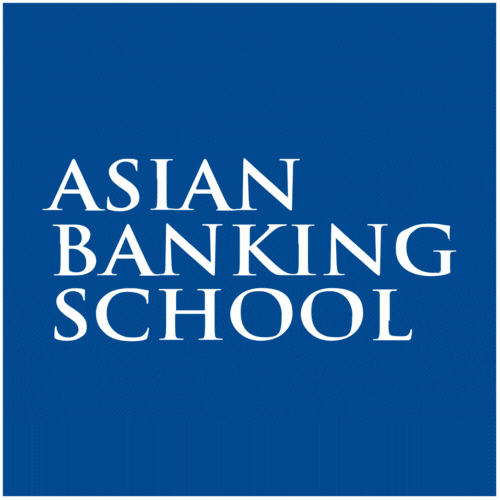

There will be a 2-hour online final exam that will be held in September 2026
By 15 Jan 2026
After 15 Jan 2026
*Fee shown is per participant and subject to 8% Service Tax. An additional final exam fee will be charged by the Frankfurt School for the second and third final exam attempt.
In line with the HRD Corp employer guideline (How to Apply for Grants), employers are required to apply for the grant at least one (1) day before training commences.
There will be a 2-hour online final exam that will be held in September 2026
By 15 Jul 2025
After 15 Jul 2025
*Fee shown is per participant and subject to 8% Service Tax. An additional final exam fee will be charged by the Frankfurt School for the second and third final exam attempt.
In line with the HRD Corp employer guideline (How to Apply for Grants), employers are required to apply for the grant at least one (1) day before training commences.